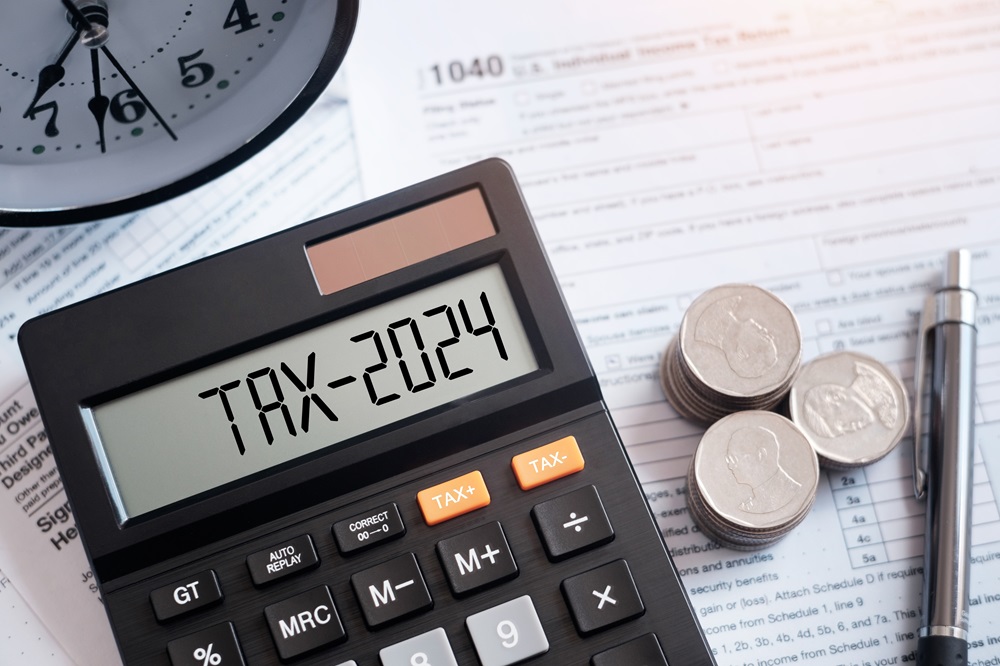Heightening debt sustainability concerns amid perennial revenue shortfalls have compelled the administration of President Bola Tinubu to pass controversial legislation: a retroactive, 70% windfall tax on foreign exchange revaluation gains of banks. This punitive levy targets the hefty profits (some of which grew three-fold) accrued by banks since the liberalisation of the naira in June 2023 and the subsequent sharp depreciation of 51%. The tax, retroactively applied to the 2023 financial year, threatens fines for non-compliant banks. This move underscores the government’s desperate bid to shore up its finances amid an increasingly precarious economic landscape. We estimate that banks earned circa ₦2.5 trillion from foreign currency-related income in 2023, positioning the expected revenue from the proposed tax at ₦1.75 trillion.
A Controversial Path to Revenue
Nonetheless, this aggressive fiscal measure has ignited a firestorm of debate within the banking and investment communities, with far-reaching implications for the broader economy. The government seeks to augment its depleted coffers, particularly to fund the supplementary budget of ₦6.2 trillion ($3.8 billion), with the newly adjusted minimum wage and consequential adjustment estimated to account for over half of that sum. The windfall tax is seen as a quick fix to address this fiscal challenge. However, the retroactive imposition of such a steep levy has triggered intense backlash, with critics arguing that it not only undermines the principle of fair taxation but also creates a hostile business environment by eroding investor confidence and legal certainty.

Investor Jitters
Retroactive taxation is a significant deterrent to investment as it creates a climate of uncertainty, making it difficult for businesses to accurately forecast their tax liabilities. Such unpredictability can erode investor confidence and discourage future investments. Why banks have been singled out is still unclear, as any business that holds monetary assets in foreign currency is likely to have benefitted significantly from the weaker naira, albeit not as much as banks. Many now believe that the banking industry could merely be an initial target of this policy and there is a real risk that it could be extended to other industries in the future, further exacerbating investor anxiety. Despite the potential for protracted legal and constitutional challenges, we believe prolonged tussle is unlikely given the lack of a united front by banking industry, which limits its ability to mount a robust defense against the proposed tax.
Banks in the Crosshairs
Paradoxically, targeting the banking sector, a critical economic intermediary, seems counterintuitive to stimulating growth. The proposed 70% windfall tax is likely to have a credit-negative impact on Nigerian banks, substantially eroding profits. Institutions with capital adequacy close to regulatory thresholds will be particularly vulnerable. To offset the tax burden, banks may tighten lending standards, resulting in higher borrowing costs for individuals and businesses. This could ultimately stifle economic activity and hinder growth prospects. The timing could also prove to be counter-productive. With banks currently grappling with a significant recapitalisation exercise mandated by the Central Bank of Nigeria (CBN), the proposed windfall tax is an unwelcome distraction that could further strain the industry’s ability to raise the necessary capital, particularly from foreign investors. Moreover, the tax could negatively influence bank share prices in the short term, compounding the challenges faced by the industry.

On a Final Note
Nigeria’s proposed windfall tax aligns it with a growing trend among European nations such as Italy, Hungary, and Slovakia. These countries have imposed similar levies on banks to recoup perceived excessive profits generated by rising interest rates and inflation. European banks have vehemently opposed these measures, arguing that they will curtail lending capabilities and ultimately hinder economic growth. In Italy, banks had the option to avoid the tax entirely by allocating at least 2.5 times the original tax amount to their core capital reserves. However, we believe that it is highly improbable that the Nigerian government will introduce a similar “escape clause” in its proposed windfall tax given that the main objective of the 70% levy is to generate additional revenue to tackle the country’s fiscal challenges
On assumption of office, the government’s tax reform rhetoric emphasised broadening the tax base and reducing the overall tax burden to foster a business-friendly climate essential for sustained economic growth. Whether the windfall tax aligns with this stated objective is now the subject of intense scrutiny.






